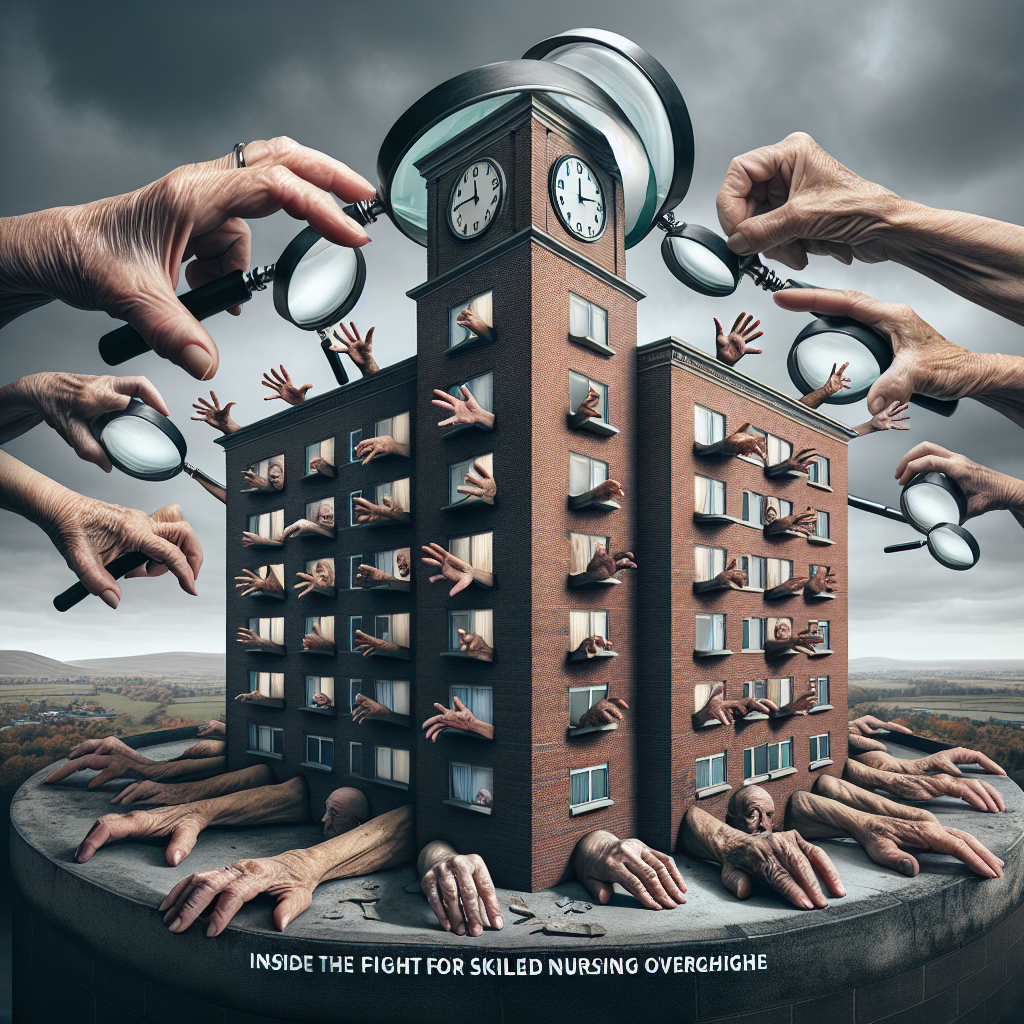New York, NY—Amid a growing chorus of concern over the care provided in skilled nursing facilities across the nation, advocates and family members are calling for increased oversight to ensure the well-being of some of society’s most vulnerable members. This move comes against a background of alarming statistics, including a report by the National Ombudsman Reporting System which found that complaints regarding abuse, neglect, and exploitation in nursing homes rose by 33% from 2011 to 2021.
The heart of the issue lies in the distressing stories that have surfaced, portraying a systemic failure to provide adequate care to residents. Critics of the current nursing home operational model argue that profit margins are often prioritized over patient care, leading to understaffing, inadequate training, and ultimately, neglect.
One notable advocate in the fight for change is Elise Hernandez, a New York-based attorney specializing in elder law. Hernandez represents families who allege their loved ones have fallen victim to this neglect. “Time and again, we see the devastating consequences of what can happen when oversight is lax and profit is king,” Hernandez said. “Our most frail and elderly deserve better. They deserve dignity, respect, and, above all, proper care.”
In response to these growing concerns, there have been calls for legislative action at both the state and federal levels. Proposals include stricter staffing ratios, more frequent and comprehensive inspections, and greater transparency regarding facility ownership and financial operations.
Moreover, the Centers for Medicare & Medicaid Services (CMS) are under pressure to revise their rating system for nursing homes, which critics argue does not accurately reflect the quality of care provided. Currently, the rating system relies heavily on self-reported data by the nursing homes, a process that some believe is ripe for manipulation.
Advocates for the elderly are also pushing for more innovative solutions, such as increased use of technology for remote monitoring and better training for staff in dementia care and other specialized needs common among nursing home populations.
The movement for reform is gaining momentum, with families and advocates sharing their stories and calling for action. “It’s not just about statistics or policies; it’s about real people who at the end of their life deserve the best we can offer,” Hernandez adds. “It’s a moral imperative for us as a society to ensure that happens.”
The push for greater oversight and regulation of skilled nursing facilities is a complex issue that sits at the intersection of healthcare, regulatory policy, and human rights. As the population ages and more Americans find themselves in need of long-term care, the urgency for reform has never been clearer. Critics and advocates alike hope that the spotlight on these neglect allegations will be a catalyst for meaningful change, ensuring that skilled nursing facilities are places of care and compassion, not neglect and profit.


